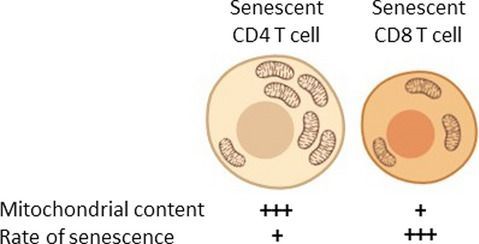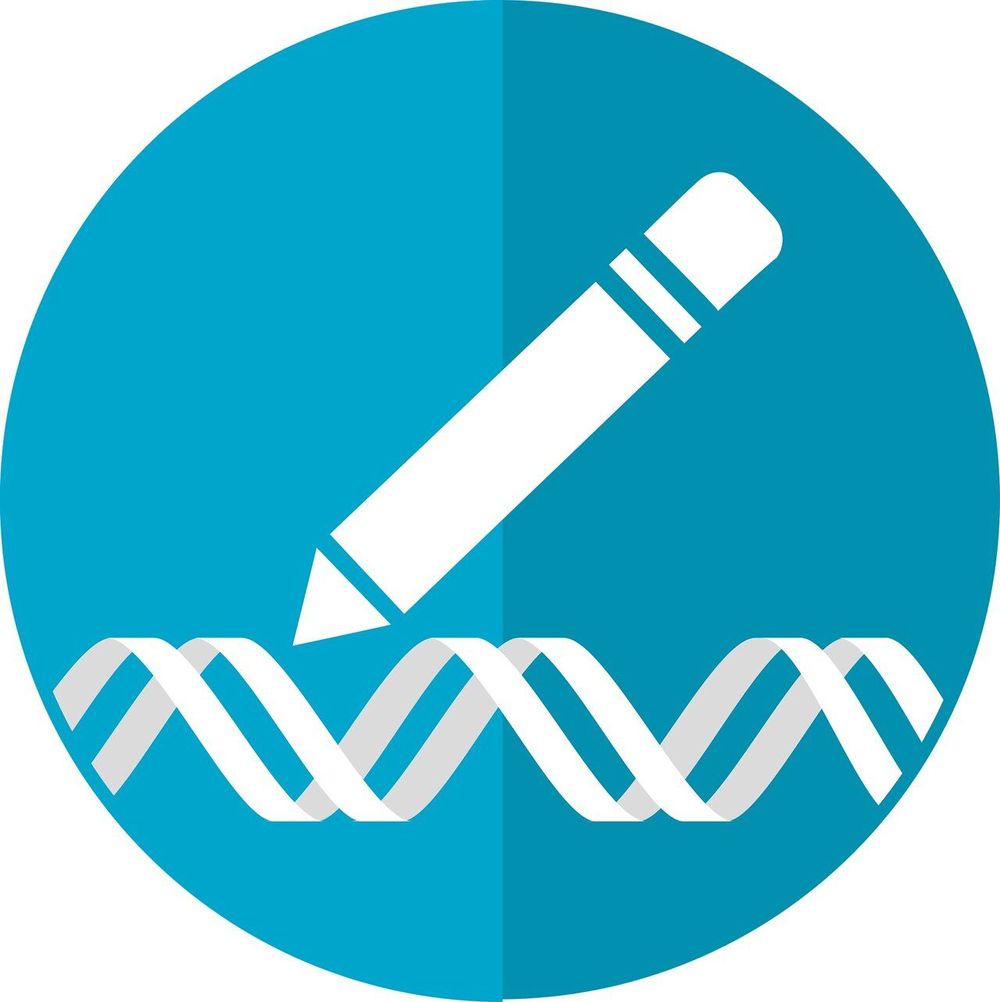Human CD8+ EMRA T cells are acquired at a faster rate owing to their lower mitochondrial content. This leads to impaired nutrient uptake by CD8+ EMRA T cell, which impacts their function.



Bacteria and the viruses that infect them are engaged in a molecular arms race as ancient as life itself. Evolution has equipped bacteria with an arsenal of immune enzymes, including CRISPR-Cas systems, that target and destroy viral DNA. But bacteria-killing viruses, also known as phages, have devised their own tools to help them outmaneuver even the most formidable of these bacterial defenses.
Now, scientists at UC San Francisco and UC San Diego have discovered a remarkable new strategy that some phages employ to avoid becoming the next casualty of these DNA-dicing enzymes: after they infect bacteria, these phages construct an impenetrable “safe room” inside of their host, which protects vulnerable phage DNA from antiviral enzymes. This compartment, which resembles a cell nucleus, is the most effective CRISPR shield ever discovered in viruses.
“In our experiments, these phages didn’t succumb to any of the DNA-targeting CRISPR systems they were challenged with. This is the first time that anyone has found phages that exhibit this level of pan-CRISPR resistance,” said Joseph Bondy-Denomy, Ph.D., assistant professor in the Department of Microbiology and Immunology at UCSF. Bondy-Denomy led the research team that made the discovery, which is detailed in a paper published Dec. 9, 2019 in the journal Nature.

Ira Pastor, ideaXme exponential health ambassador, interviews Dr. Penelope “Penny” Boston, recent Director of NASA’s Astrobiology Institute.
Astrobiology is an interdisciplinary scientific field concerned with the origins, early evolution, distribution, and future of life in the universe, and considers the big question of whether extraterrestrial life exists, and if it does, how humans can detect it.
Astrobiology makes use of molecular biology, biophysics, biochemistry, astronomy, cosmology, exo-planetology, and geology to investigate the possibility of life on other worlds, and how to recognize biospheres that might be different from that on Earth.
Dr. Penelope Boston
Our guest today, is Dr. Penelope “Penny” Boston, recent Director of NASA’s Astrobiology Institute.

The blockchain technology that appeared in 2008 with the introduction of Bitcoin is developing approximately five times as quickly as the Internet did. It even went through its boom and bust periods more rapidly than the dotcom mania did.
Today, the ICO hype is over, and, just like with the dotcom bubble, we have seen many companies fail. Many hope to see revolutionary Google-like and Amazon-like blockchain-based solutions appear from the surviving startups. Some of the venture capitalists who have influenced the Internet boom, such as Marc Andreessen from Andreessen Horowitz and Timothy Draper from Draper Associates, share this hope for the blockchain industry.
Enterprise software is estimated to be a $457 billion market in 2019, and blockchain solutions will eat part of it. Given the blockchain market fatigue that we are noticing, where do we stand with the significant “technological revolution” that the true blockchain enthusiasts have promised?


SpaceX has said it is taking measures to tackle some of the concerns raised by astronomers about its Starlink constellation, as it gears up to launch more than a thousand satellites in the next 12 months.
The company’s Starlink mega constellation, which will add up to 42,000 satellites to orbit (only 2,000 active satellites in total orbit Earth today) to beam high-speed internet around the globe, has been taking shape in 2019. The company launched its first 60 satellites in May, followed by a second launch in November.
A third launch is planned in late December, and a fourth in January – with 24 in total planned by the end of 2020. The company hopes to launch 60 Starlink satellites roughly once every two weeks, adding more than 1,500 satellites to orbit by the end of next year alone.

SpaceX’s drone ship Just Read the Instructions (JRTI) has arrived in Port Canaveral, Fla. after undergoing refurbishment in Louisiana. The droneship joins Of Course I Still Love You (OCISLY) at the port, bringing SpaceX’s tally of east coast-based droneships to two. The additional droneship will help SpaceX’s execute its busy 2020 manifest.

Today, Google is announcing that Android 10 is arriving on Android TV, and it’s about as bland of an update as they come. Primarily, it’s just the performance and security benefits of Android 10, without a single new user-facing feature. But at the bottom of Google’s blog post, the company hints at why: Google’s busy prepping for the “next-generation of Android TV,” starting with the miniature box above.
Google says this new ADT-3 dongle is a full-fledged Android TV platform, with a quad-core ARM Cortex A53 CPU, 2GB of DDR3 memory, and the ability to output 4K HDR content at 60 frames per second over its HDMI 2.1 port.

O…O.
At 8:01 p.m. on October 10, 2018, a bolt of lightning flashed inside of a storm cloud just east of the Indonesian island of Sulawesi. The International Space Station was passing overhead at the time, and a suite of instruments observed as the bolt produced a flash of gamma radiation—and, simultaneously, emitted a glowing ring of ultraviolet and visible light in the topmost layer of the atmosphere.
Scientists today are presenting the results of this observation, the first to capture both a terrestrial gamma ray flash, or TGF, and the visible-light component of an Elve, a dim disk of ionospheric radiation. This observation provides more evidence for the connection between lightning, the radiation produced by storms, and electromagnetic phenomena at the top of the atmosphere, while illustrating more of the wild radioactive curiosities that weather can generate.